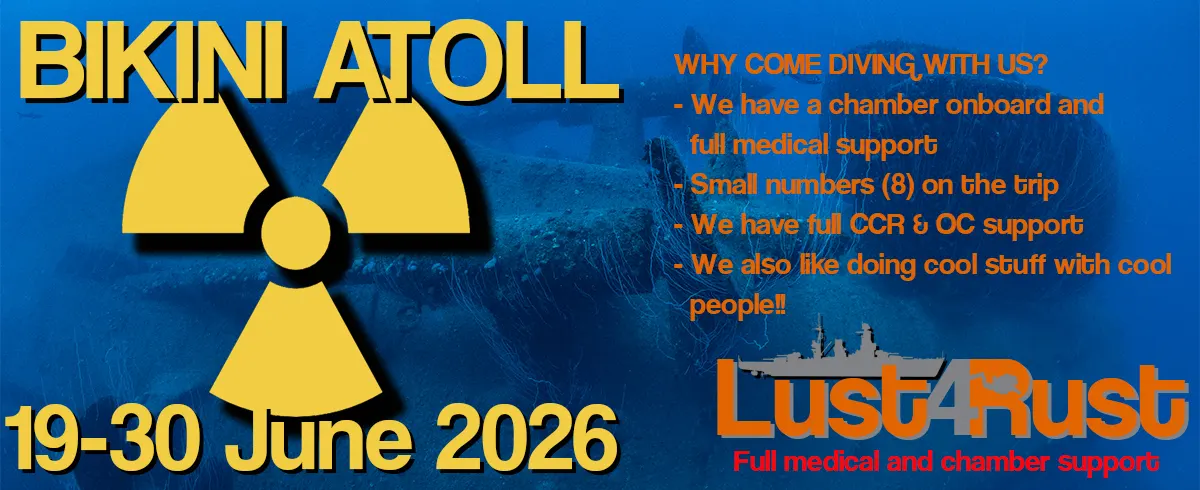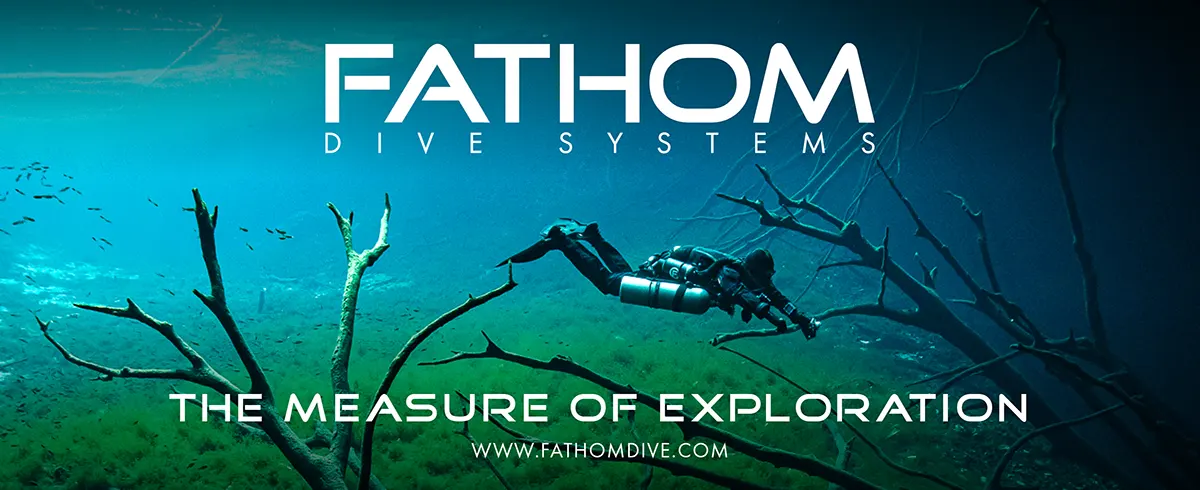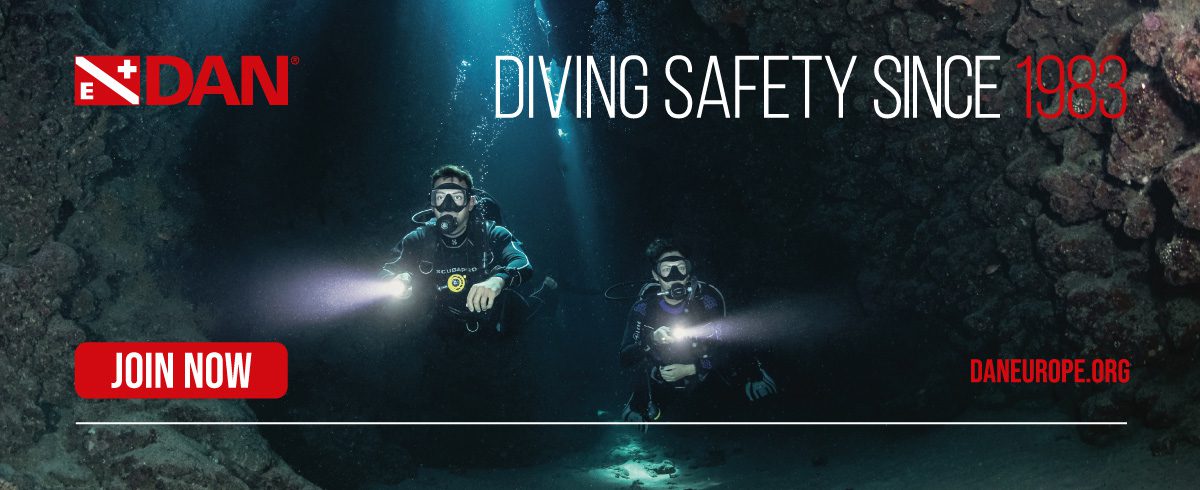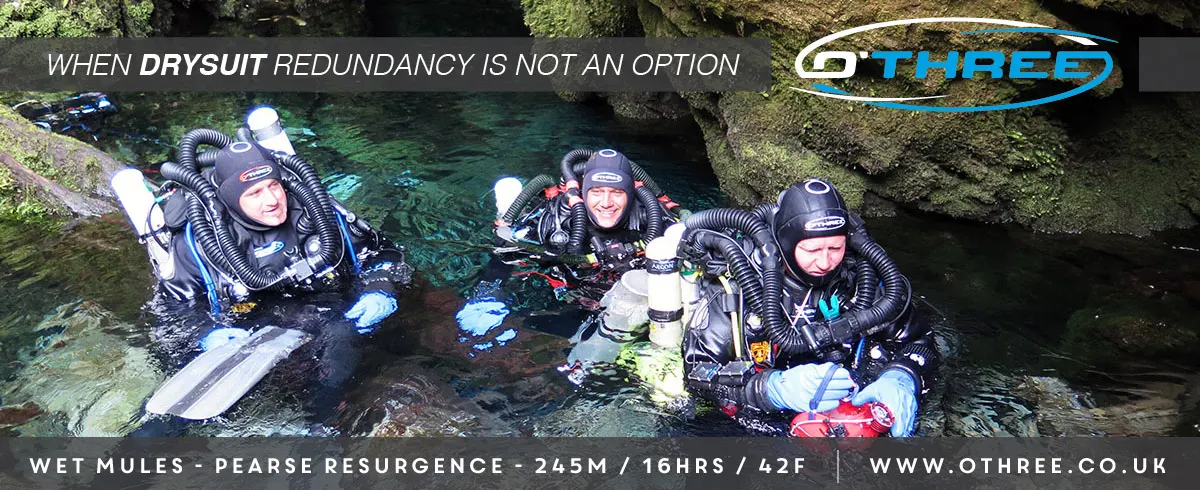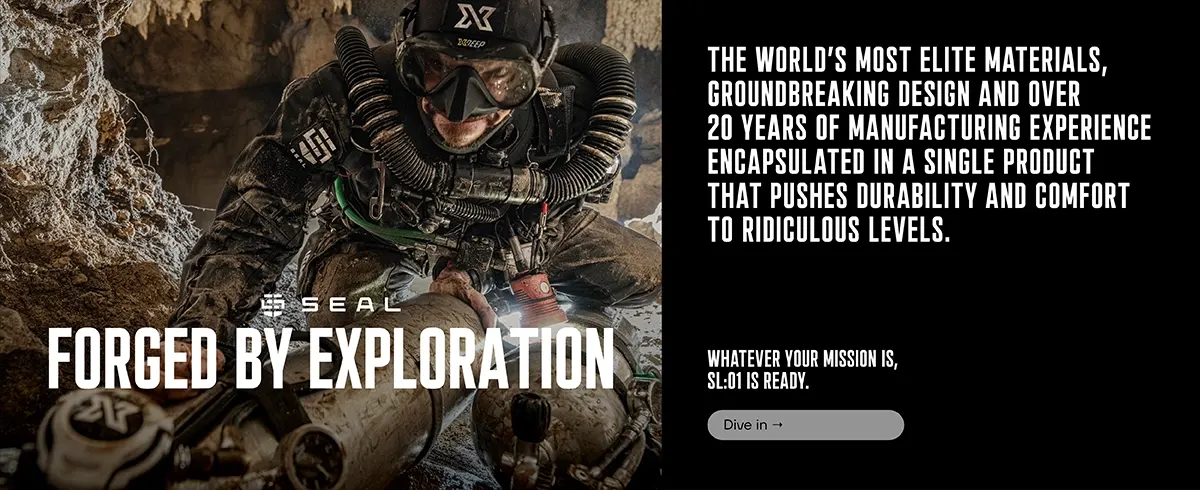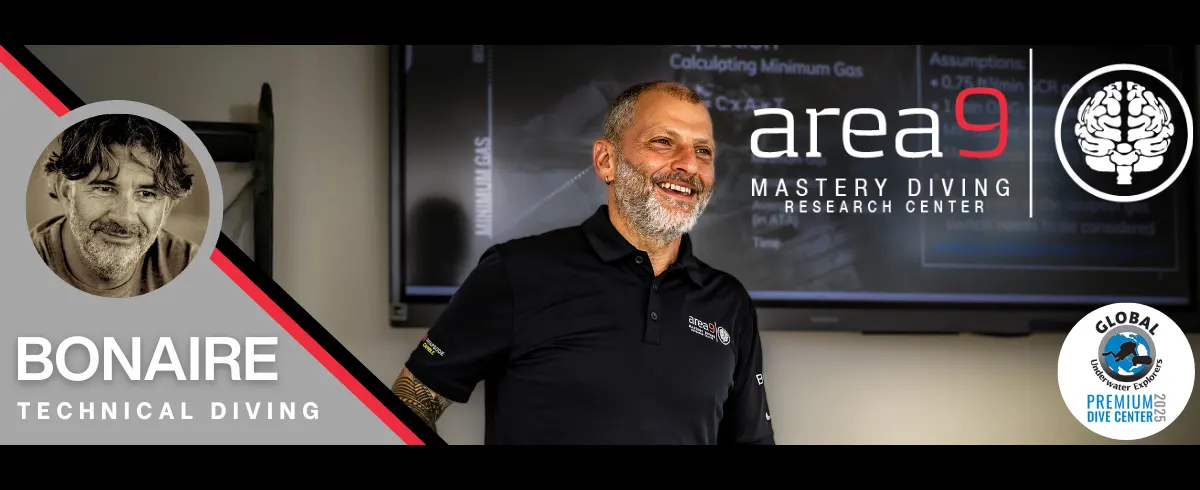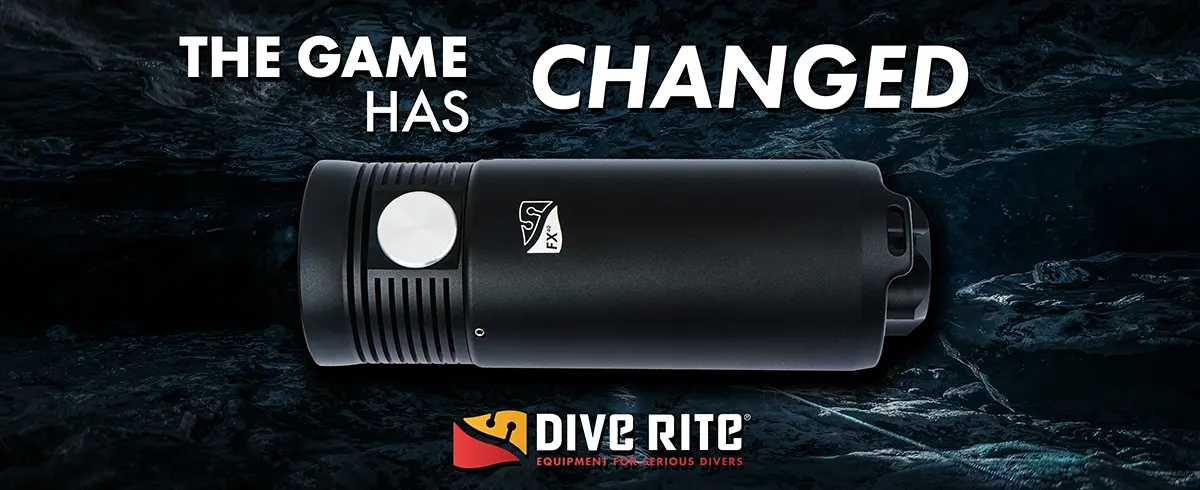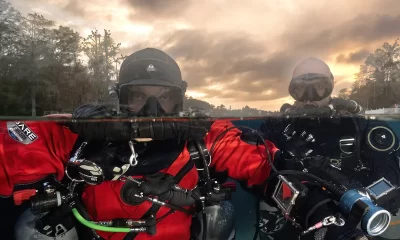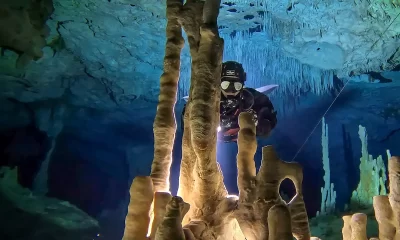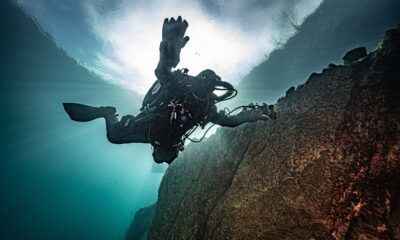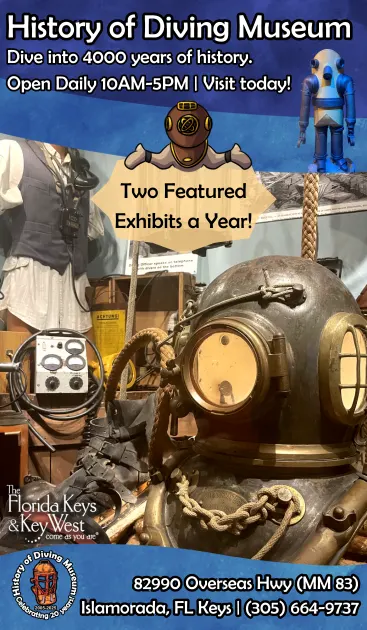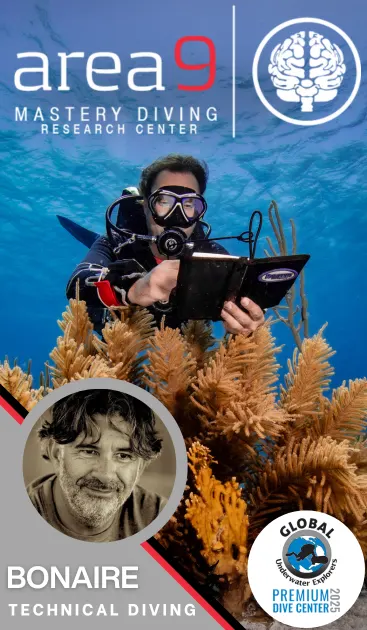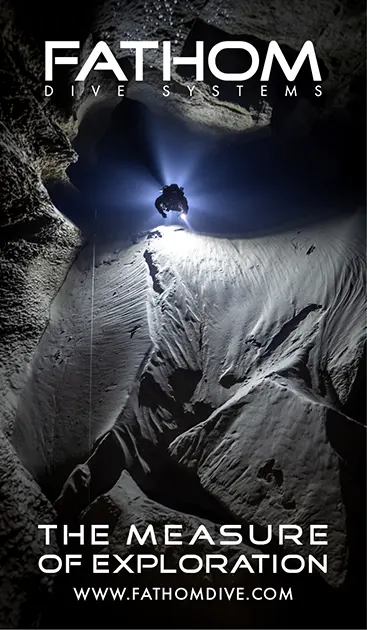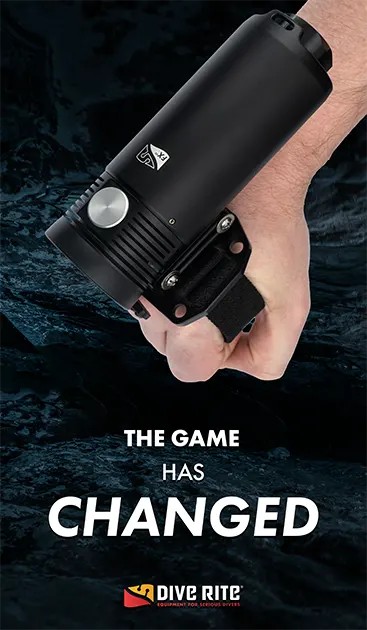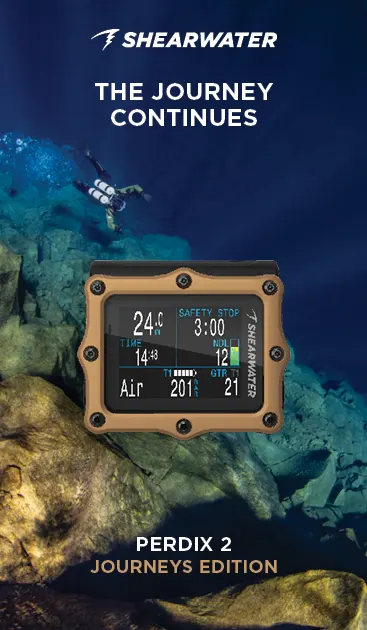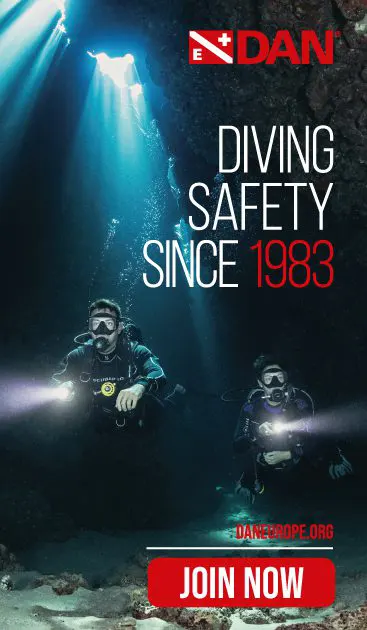Community
Opinion: Don’t Break That Record
The recent death of 41-year-old technical diver, Sebastian Marczewski, aka “Iron Diver,” during a failed attempted world record scuba dive to 333 m/1093 ft in Lake Garda, Italy, highlighted the dangers of deep diving record setting. The tragedy occurred just after GUE instructor Dimitris Fifis had penned an opinion piece for InDEPTH exploring the nature and motivation of deep diving record setting. Fifis explained that he wrote the post in order to get a better personal understanding of what motivates divers to set deep diving records. His post was motivated in part by the deaths of two other technical divers attempting deep records. Here are his thoughts and suggestions.
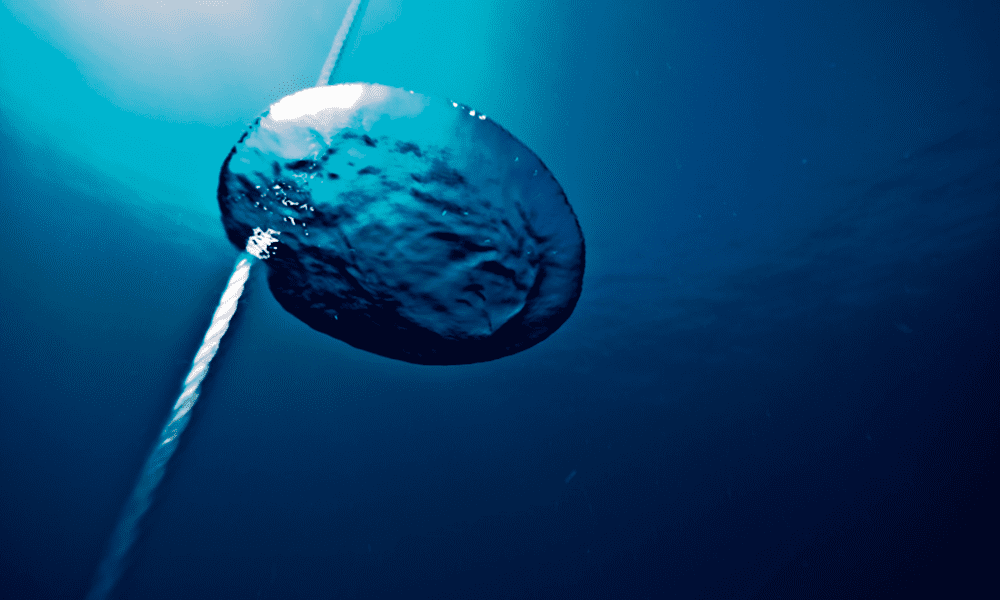
by Dimitris Fifis
It has always been in the nature of human beings to fly higher, to explore further, to dive deeper. It is this instinct that has been behind some of the most amazing explorations and discoveries. It is what pushed us forward to a better understanding of our planet, of our body and much more, and it will surely never stop. There will always be people trying to push further than before, people who are willing to bet their lives so that the rest of us may benefit from their discoveries.
The truth is I have the utmost respect for these underwater explorers who have offered us so much. On the other hand, I am sometimes deeply saddened by the loss of life of those in the pursuit of what they think is record-breaking and pushes the boundaries. That is especially true in our beloved activity diving.
We have suffered many meaningless losses in our community. Losses that made us wonder why. Why did they do it? This is particularly the case when it involves breaking a record that has already been broken.
This is the “why” that I am trying to discover through writing these thoughts.
What drives someone to risk so much in order to break a record that has already been broken? What is the point of seeing your name in a world record book when you know it has been done before? Well, maybe not by a woman. Or, perhaps by a solo diver, but not by a team, or maybe by someone using a rebreather. But what difference do those things really make?
One reason for doing it might be vanity, although I don’t think this is the main reason for most aspirant record breakers. Was is it really vanity that drove Guy Garman aka Doc Deep to attempt a record-breaking dive to 370 meters/1209 ft., though he had only been a diver for four years? Or was it the result of a culture that glorifies deep dives for its own sake, or for hopes of financial gain?
Perhaps the reason may simply be trying to stand out and survive in our unfortunately highly competitive diving community and even more competitive professional diving industry. With the number of instructors constantly rising while the number of potential students continues to fall, it is perhaps normal for any dive professional to try to find ways to attract more students. Unfortunately, the strategy of lowering course prices and shortening course times is simply not sustainable and has helped create the problem in the first place.
Becoming a “diving hero” sounds like a good idea to attract more people that will surely want to get trained by the world record holder.
What is not a good idea is to try to perform “record-breaking” deep dives when ill-prepared physically and/or mentally. Also unwise is trying them without adequate financial support, allowing the diver to avoid cutting corners on safety in order to meet the budget. Most importantly, it is not a good idea to proceed without a team that can support the attempt and be able to help in case Murphy sneaks in.
Of course, as educator Gareth Lock, The Human Diver points out, “Nobody shows up for a dive thinking what a nice day to die”. I am sure that is not what Theodora Balabanova, a Bulgarian technical diving instructor, thought prior to her fatal attempt to dive to 233 meters in hopes of becoming the deepest woman diver, but also the deepest couple, as her husband Mihail, who was critically injured, was diving with her. Theodora had much more diving experience than Guy, but still, the risks are always there, especially on a dive beyond the usual “envelope.“
It is only through knowledge, experience, meticulous planning, and a team of expert advisors and support divers that the risks of such dives can be reduced to a sensible level, if at all. Unfortunately, most of the time, these factors are simply replaced by bravado and peer pressure, which reflects a lack of understanding of the real risks.
What is more unfortunate is the fact that even if all goes well and the “record” is broken, the positive effects and advertisement will only be temporary. You see, as easy as it is to become famous on social media these days, it is just as easy to be replaced by the next social media celebrity, and the achievement quickly was forgotten.
So, what can instructors do instead?
Simply, take a slower path to success. Increase the quality of your teaching, choose a training agency that shares your values, study and gain deeper knowledge on the topics that you are teaching, and practice your diving and presentation skills. Carefully and honestly analyze the way you teach and try to improve in every course. Take courses from other experienced instructors and learn from them. Increase your experience by participating in demanding exploration projects, and actively participate in conservation initiatives. Finally, respect your students, yourself, your instructors, and the training agency you are teaching for.
Respect them by delivering the best possible course you can, and they will respect you back by choosing you as an instructor, by recommending you to others, and possibly even by making you an instructor trainer. They will respect you for what you do, not for how deep you once managed to go.
This article is not about pointing fingers, disrespecting, or criticizing people who made mistakes and paid a very high price for them. On the contrary, this article is meant to remember and honour these fallen diving heroes and, more importantly, to emphasize the most valuable lesson learned from them. I am sure both Guy and Theodora would agree that no record is worth dying for.
Additional resources:
Tragedy Strikes Multiple Scuba Record Attempts – DeeperBlue.com
The Last Dive of Sebastian Marczewski
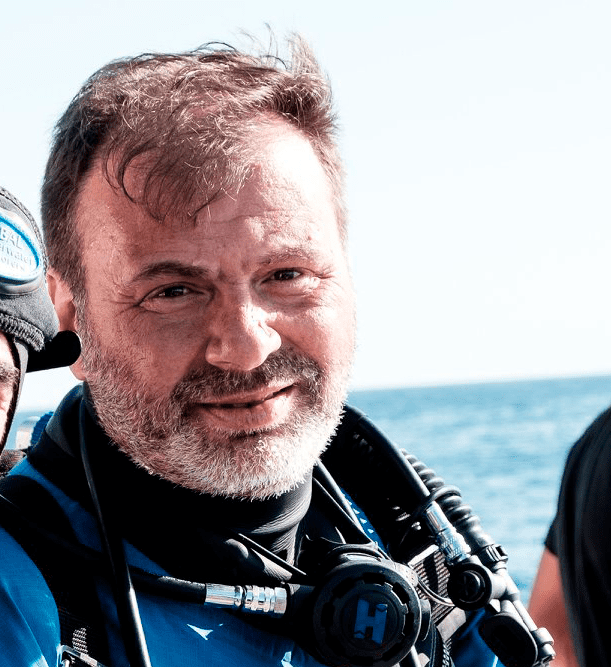
Born in Athens, Greece, Dimitris Fifis started diving in 1991 and became an instructor in 1998. In 2009, after 23 years of service in the Greek Navy (most of them in the aviation branch), he retired and decided to pursue a full-time career in diving. Since then he has managed diving operations in various diving centers in Greece as well as on mega-yachts. Dimitris discovered GUE in 2007 and never looked back. He currently lives and works in Dubai, and is involved in various wreck exploration and underwater filming projects in the area. Because of his strong interest in increasing dive safety through quality education, he also produces training videos for GUE.





